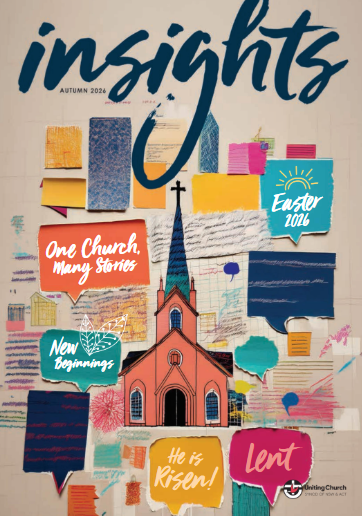Four in five Australians are open to a spiritual conversation that may involve views other than their own, a new study conducted by McCrindle Research on behalf of Alpha Australia has found. According to the results, younger generations are the most open to having a conversation that may involve views other than their own.
The study surveyed 1,000 Australian adults. It found that four in 10 Australians were either extremely (20 percent) or very (18 percent) open to exploring different faiths and spiritual views. Younger Australians are more likely to be extremely or very open to these conversations (50 percent Gen Z, 44 percent Gen Y compared with 39 percent Gen X, 25 percent Baby Boomers; 31 percent Builders). One in three of those aged 57 or over said they would not be open to a spiritual conversation about views other than their own.
Melinda Dwight is the National Director of Alpha Australia.
“There is a great deal of uncertainty and fear as we as a country rebuild post COVID,” she said.
“Many Australians have come to the conclusion that there is value in the exploration of who we are spiritually and that individualism and materialism are ultimately deeply dissatisfying.”
The poll also found that men were less likely to be open than women to a spiritual conversation, with one in four saying they were strongly committed to their current views and would not consider exploring other faiths or spiritual views (24 percent of men compared to 17 percent of women).






3 thoughts on “Four in five Australians are open to a spiritual conversation”
This is very encouraging, and lines up with my anecdotal experience as a university chaplain over a couple of decades. I wonder how reliable the actual stats are, though. 1,000 people seems like a fairly small sample size which could easily be skewed.
Provided it’s a randomly selected sample, a thousand respondents is statistically valid for providing an estimate of a total population.
McCrindle are a credible organisation so I’m prepared to presume that their survey was of a random sample of adults. Perhaps Jonathan could check this out to make sure.
The usual number of caveats apply here (one study by itself doesn’t mean too much, and more should be looked into on the subject) but I have no problem agreeing that the study found four out of five and that more research is needed in the area.
-Jonathan